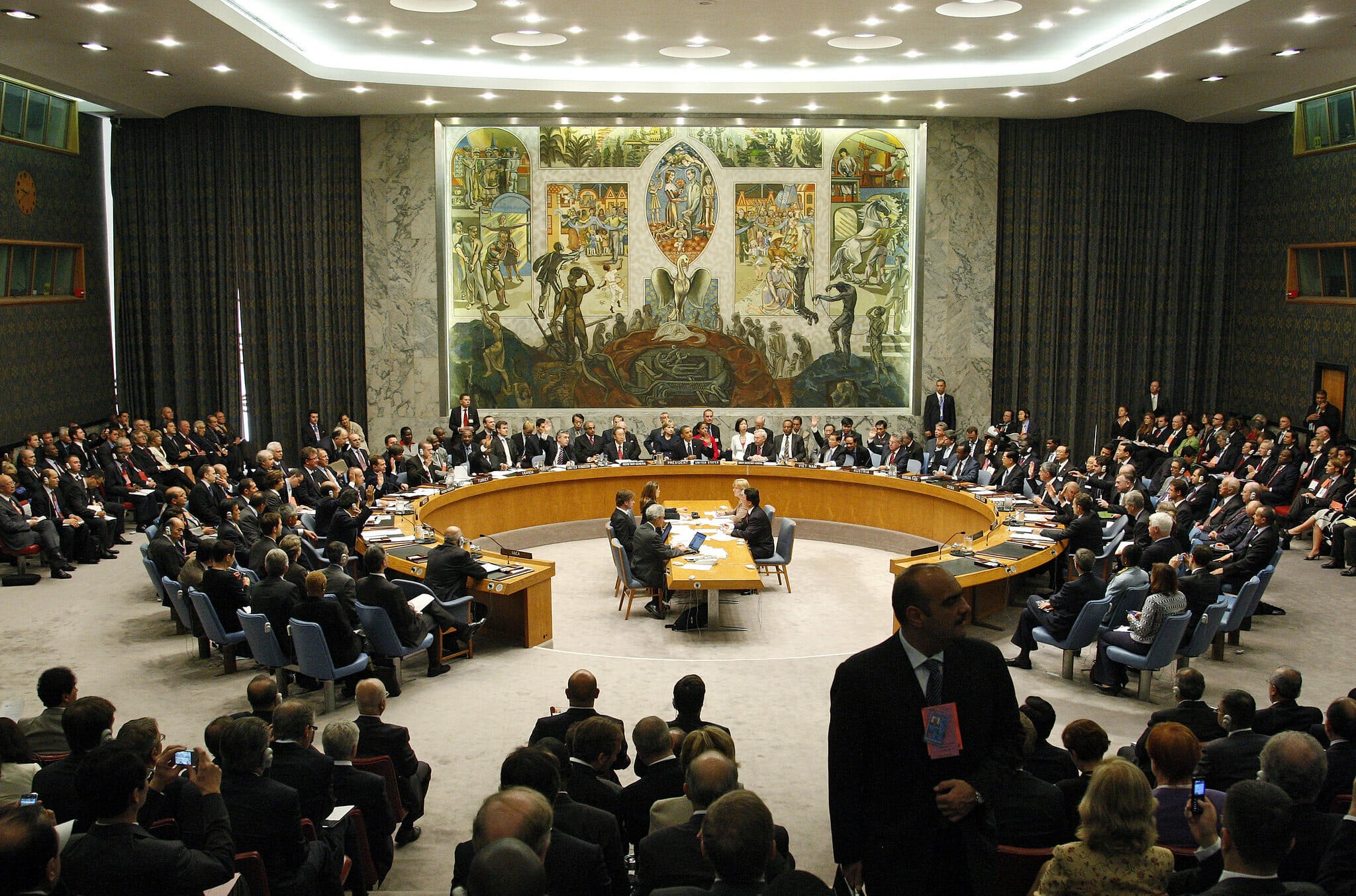The annual Freedom on the Net report, which was published on Tuesday and collated by the think-tank, Freedom House, rates different countries out of a score of 100 for their success in giving “internet freedom” to their citizens.
The report also considers any lack of freedom, such as the level of limitations on the online material citizens can view, as well as any “manipulative” influence from government-sympathising trolls within online discussions, amongst other points of analysis.
Within the data, it has been found that citizens from 56 out of the 70 countries surveyed had been apprehended or convicted for their actions on the internet. This accounts for a whopping 80% of the countries included in the report.
Such cases of conviction include the imprisonment of two Egyptian influencers, Haneen Hossam and Mawada al-Adham, who distributed TikTok videos motivating women to work within the field of social media.
The report also found that within the last year; citizens in many countries have been the victim of physical violence and experienced arrests for their online posts, presenting an unpromising future for internet user liberty.
Describing the following as a “record high,” the report said: “This year, users faced physical attacks in retribution for their online activities in 41 countries . . .”
A prime example of this was when a student from Bangladesh was put into hospital after being physically attacked for engaging with “antigovernment activities” online. Another relevant example is the case of the Mexican founder and editor of the PM Noticias news website, Pablo Morrugares Parraguirre. Parraguirre was killed after sharing a video on Facebook, alleging that a gang was responsible for a murder.
However, online rights have seen a comprehensive level of adversity, as the report found that global digital freedom has decreased for 11 consecutive years, with Belarus seeing a seven point drop in online freedom and Myanmar seeing a 14 point fall.
Related Articles: IMPAKTER ESSAY: WHY FAKE NEWS GOES VIRAL | Why Government Involvement in Content Moderation Could Be Problematic
The report also scrutinised Myanmar, due to the fact that the country’s military “seized power in a coup” during February, leading to them inducing online shutdowns and making technology companies give out personal data.
At minimum, 20 countries have cut off internet access during June of last year to May of this year, which is the timescale that the report analyses.
However, the report did identify some progression. Gambia was applauded for sustaining internet freedom, since the 2017 ousting of former President Yahya Jammeh.
Iceland had the highest level of press freedom, with Estonia taking second place and Costa Rica scoring third place. But, the lowest ranking country for online rights was China, a country known for giving harsh jail sentences to dissenters.
Within the west, the US was merely the 12th most successful country for Internet freedom, scoring lower than Germany, Canada, France and the UK.
The US is also believed to be struggling to tackle deceptive content online. Co-writer of the report and senior research analyst, Allie Funk, said that the US’s inactive response to overseeing the tech industry, has led to an increase in false information and clandestine content online.
Funk said: “The U.S. particularly has really prioritized this laissez-faire approach to this industry which has created opportunities for all these different types of harms, whether it’s the electoral interference we saw from the Russian government to the offline violence that we just saw with the January 6th attack.”
It is true that the general worldwide deterioration of internet rights could be indicative of a series of autocratic governments, repressing the public’s ability to engage in unrestricted internet usage or social media activity. But in the case of western nations, such as America, arguably, a drop in internet freedom might help to tackle and ultimately reduce harmful content or inaccurate information online. That being said, a lack of online freedom which infringes user rights would necessarily affect all US users, including the most virtuous of ones. Surely not a desirable outcome.
Editor’s Note: The opinions expressed here by Impakter.com columnists are their own, not those of Impakter.com.— In the Featured Photo: a phone with a Google search page. Featured Photo Credit: Solen Feyissa.














